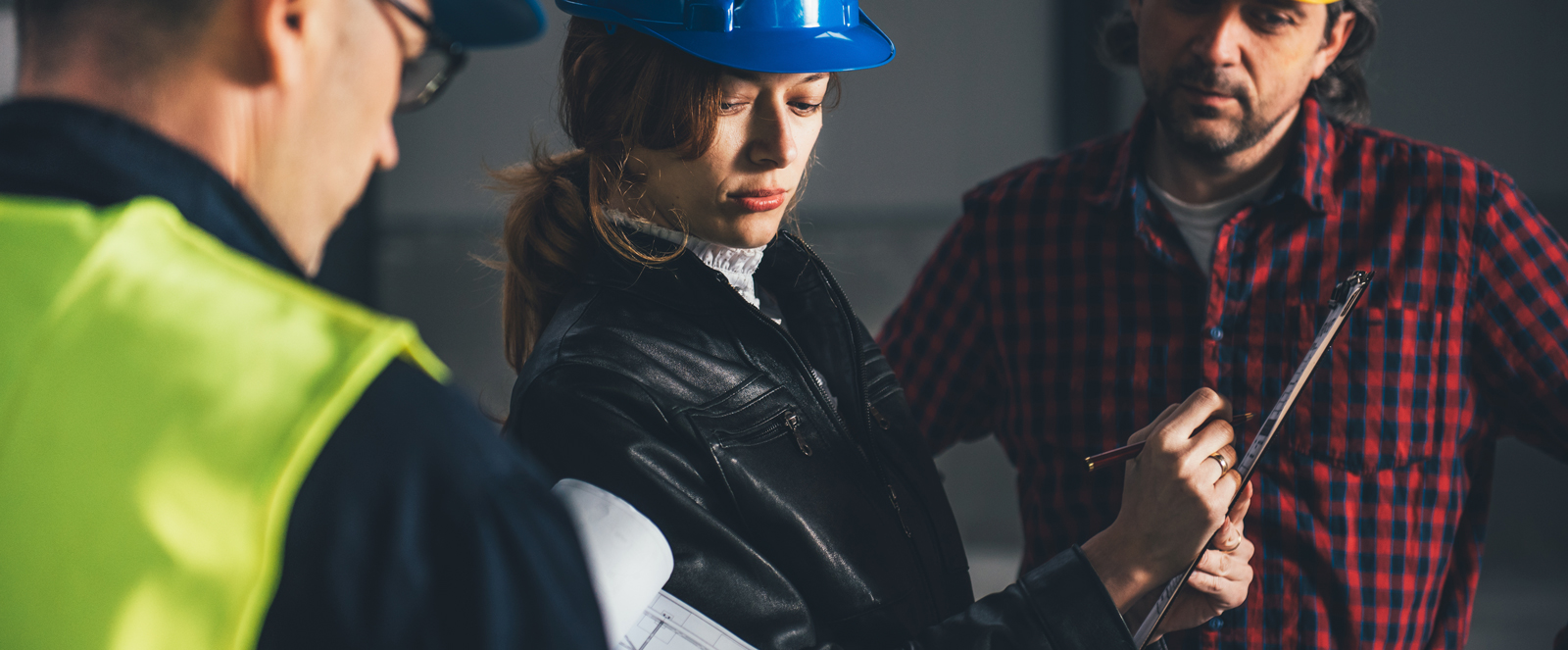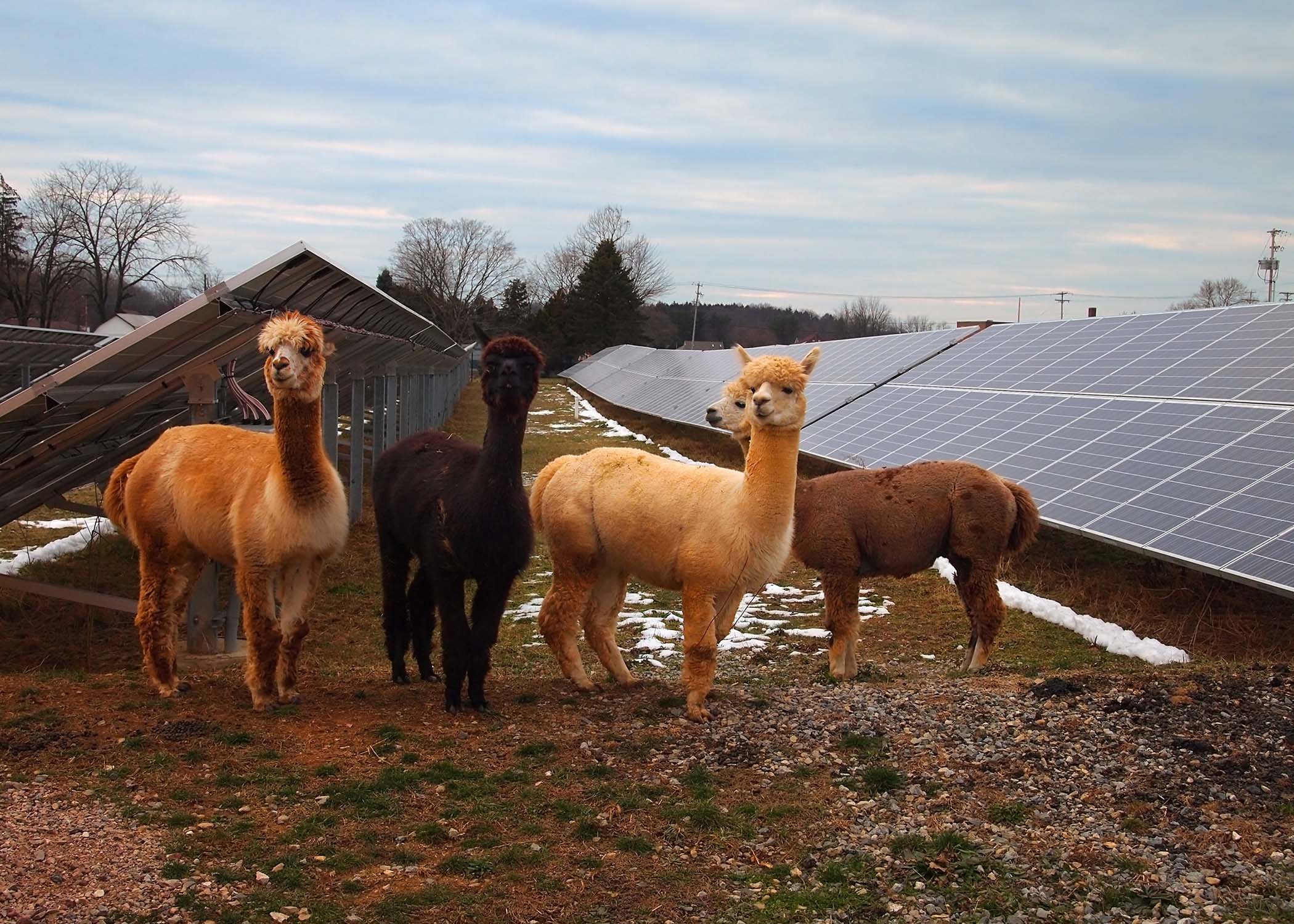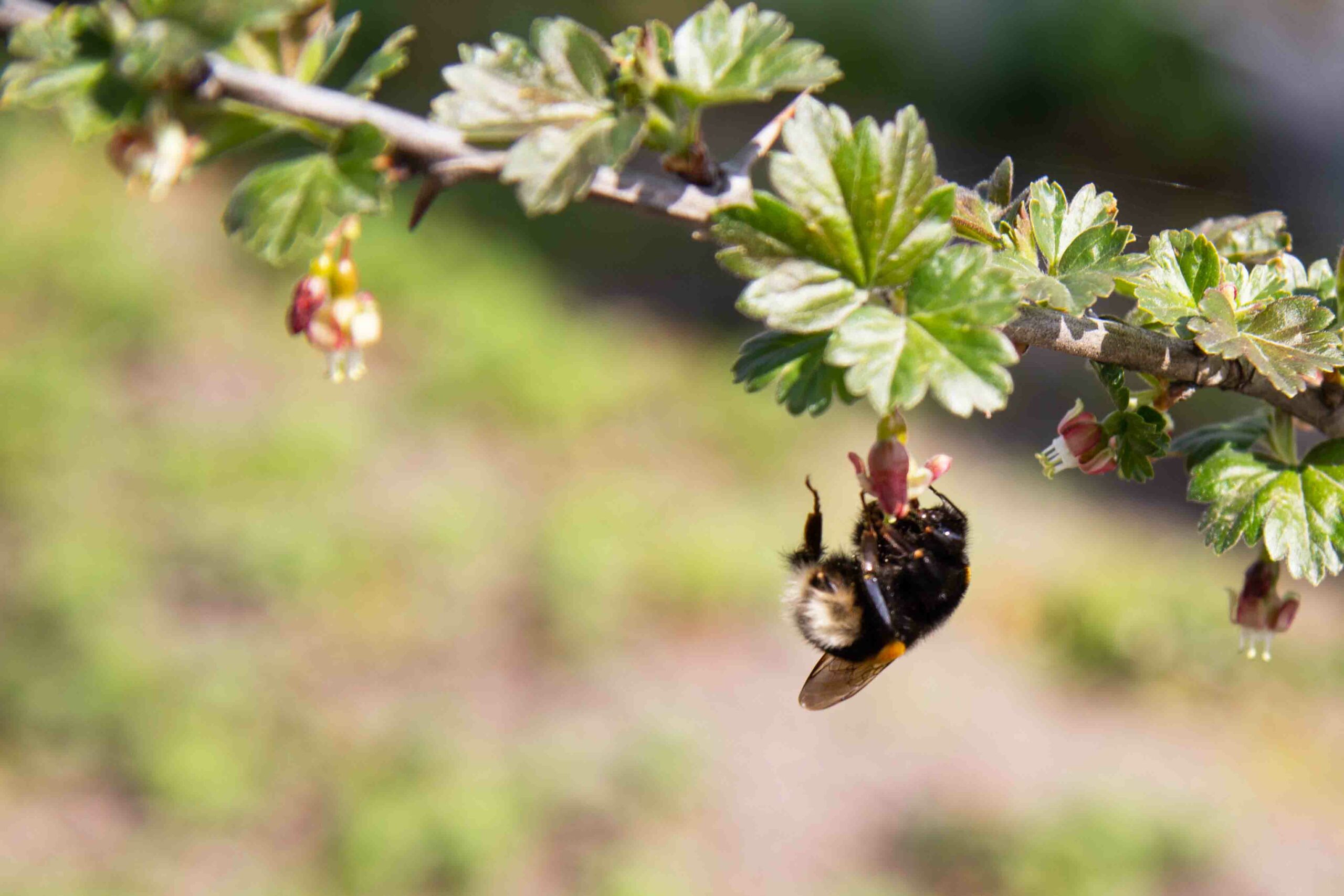Life is all about new adventures.
And living off the grid is a big one for people who choose to be more self-sufficient and step away from the daily grind.
There are several decisions to consider about how you plan to live and what experience you want.
It’s essential to embrace the lifestyle and educate yourself for the journey.
Learn some essential skills so that you curb costs and have the freedom you crave.
We’ve designed a helpful guide to get you well-equipped to make your dream a reality.
Get a Vision for Living Off the Grid
If you plan to get off the beaten path in life, you’ve probably spent a lot of time daydreaming about your ultimate living space.
You imagine the land, home, solar array, rain barrels, garden, and animals roaming the pasture.
Having a well-conceived concept of your property is necessary to bring your vision to life.
When you’re ready to develop these ideas into a workable plan, these are some areas to consider.
Think About Where You Want to Own Land
Searching for the ideal piece of land is an exciting part of living off the grid.
Being independent of traditional utilities and residential resources requires planning:
- Find a property that supports alternative energy
- Make certain there is a plentiful water supply and that you have unlimited access rights
- Look into zoning requirements to determine whether the property can be developed for different uses
- Decide on the type of home you want on the property (log, modular, manufactured, earthbag, straw bale, or other) and inquire about building codes, covenants, and restrictions
Determine the Amount of Space You Need
Part of the fun of living off the grid is having room to grow your homestead.
Don’t think too small when purchasing land.
You may want to add new features to your property as you realize all the things you desire to accomplish.
This could include running a business, so be sure you have enough space initially or the possibility to add additional acreage as your concept enlarges.
Most homesteaders want to grow their food and raise animals.
Sketch out sizable plots for gardening and places for grazing animals.
If you use solar power for heating greenhouses or barns, determine the type of solar that works best.
There needs to be ample space for ground-mounted panels with room to expand your solar system when living off the grid.
Work Out the Financial Details
While you have upfront costs to consider in an independent lifestyle, you will be amazed at the money you save over a few years of being off-grid.
A smart way to determine cost benefits is to develop a five-year plan.
This allows you to track the return on your investment.
Building a home off the grid typically costs a fraction of what urban dwellings do.
When you factor in your reduced utility and food expenses, monthly bills significantly drop.
The average yearly savings for a family is over $5,500.
The financial benefits alone offset concerns about relinquishing certain conveniences of city life.
Prepare to Keep It Simple
A great benefit to living off the grid is living simply.
If you have a working homestead, you need the equipment and tools to run your farm.
However, the types of items you buy have immediate cost benefits.
When furnishing a home, look for items that can be repurposed, leaving cash reserves for things you must buy new.
If you purchase a large parcel of land, you don’t need to use the entire area for farming.
If zoning regulations permit, you might have the option to lease parts of your property for various uses.
Decide How Much You Want to Rough It
Living off the grid doesn’t mean you can’t have certain amenities.
Energy storage provides an ample power supply to meet your basic needs, work demands, and entertainment requirements.
Aside from solar panels, here’s what’s needed for a stand-alone renewable energy system to achieve proper balance-of-system:
- Charge controller
- Inverter
- Batteries and backup
- Battery monitor
- Racking and mounts
- Cables
Look for off-grid kits that come with all the components and documents to self-install the system.
The best home design with the right energy system is crucial to meet your off-grid operations and personal needs.
Get Educated About Grid-Free Living
There are different levels to living off the grid.
Some people want no interaction with society.
However, most individuals envision a rustic life that allows them to interact as they choose but still have self-determination about food, energy, and environmental choices.
It’s a good idea to have a network of friends who already live independently or are beginning the process like you.
You will have a lot of questions as the process moves along.
Take time to get educated through all the resources available.
Build a Supportive Community
An estimated 180,000 families are living off the grid in the United States.
While the numbers are small overall, the community is active and provides a lot of information to curious beginners.
Take time to learn about the off-grid community where you want to live.
Don’t hesitate to ask them questions before deciding to buy property.
Mentors are vital when you decide to leave the grid behind.
Use social media groups to find like-minded homesteaders who have experience and introduce you to other people who’ve adopted the lifestyle.
Do the Homework
Take time to explore information that’s already out there.
There’s no need to reinvent the wheel, and studying how others live is a great way to avoid common mistakes.
It can also help you save a lot of time and money.
Make a list of subjects about living off the grid that you need help with and find reputable content from knowledgeable providers.
There are plenty of free resources online and at your local library.
Videos are great for getting an idea about how people are doing it out in the real world.
Set aside time to read books and gain the knowledge necessary to be successful.
People who prepare for being off-grid feel capable of handling challenges as they arise.
Learn Valuable Skills
Skill development is vital for self-reliance.
Think beyond just getting your home built.
What do you need to know how to do to be successful?
Not everyone has the same goals for off-grid life, so it’s important to understand your goals and then develop the tools to make them happen.
After you do your homework, you will probably have new insights into what living off the grid means for you.
Think about what skills you need to learn and start learning them.
If you want to make your clothes, you should learn how to sew before it’s time to make your first shirt.
Likewise, gaining skills ahead of time in basic electrical or plumbing repairs is a good idea, rather than waiting until you have a minor emergency on your hands.
Take Helpful Courses
You can find helpful step-by-step videos for some of the skills you need.
But you may find that taking courses is a better idea for the more technical skills needed for living off the grid.
When you take a class, you not only have the resources you need to learn the skills.
Yet, you often also have access to someone knowledgeable on the topic if you have questions or need some additional support.
Examples of classes you may want to check out include:
- Wilderness first aid and safety
- Wilderness survival
- Solar panel installation
- Electrical and plumbing
- Carpentry
Online, self-paced courses are widely available for many topics, making it easy for you to go at your own speed and complete the coursework on your own time.
Get Into the Spirit of the Adventure
Living off the grid is more than just a lifestyle choice – it’s a whole new adventure.
Consider what it would take for you to fully embrace this new life.
The more you learn, the more self-sufficient you become.
You may find new avenues await with opportunities you could not have imagined before taking on this new life.
Learn Basic Horticulture
Learning how to grow things is essential, and you can begin no matter where you live now.
Many areas have community gardens for those who don’t own land, or you can start by growing potted herbs, fruits, and veggies.
Often, people living off the grid find that they can earn income by selling some of the food they grow.
In addition to food sources, consider what plants you might want to grow for medicinal purposes.
Knowing how to make salves, tonics, and teas is an excellent skill to have and provides you with a source of revenue.
You may also want to think about beekeeping and making your own soaps and cleaning agents.
Take Up Canning
In addition to selling the food you grow, you’re going to want to subsist on it!
A key to making your fruits and vegetables last is to can them.
When living off the grid, canning ensures you have what you need throughout the year and saves you from having to rely on a grocery store to survive.
Get creative with your canning.
Try making things like salsas, pestos, pickled vegetables, and chutneys to add a little spice to your life.
Make Waste Work for You
Try as you might, it’s nearly impossible to have zero waste.
Inevitably, there will be leftovers you can’t seem to get through, or some of your veggies will start rotting on the vine.
You’ll have paper products of some sort.
All of these organic materials can be turned into great soil for your garden.
Composting is more than just tossing old food into a pile and letting it do its thing.
There’s science behind it, and it’s fun stuff to know.
Learn how to create a compost pit that provides you with fertile, rich soil to keep your garden going.
Add Some Animals to the Mix
When it comes to living off the grid, you may want to consider adding some animals to your life.
Having hens means never having to buy eggs.
Buying a sheep or two helps you maintain grasses.
Adding a milking cow is handy if you like to drink milk or make your cheeses.
While you might not want to turn your property into a full-fledged farm or zoo, adding a few animals makes you less reliant on outside resources to meet your needs.
Plus, it can make your home a lot livelier!
Become an Energy Aficionado
Installing alternative energy, such as solar, is the essence of living off the grid.
It’s also more than just installing the system – it’s how you think about energy use.
Take time to understand how you use energy and where you could be more efficient.
Make a game out of it to see how little you can use in a week or a month.
Learn about how much energy your electronics and appliances use to get a clear picture of your day-to-day energy load.
Not only will this help you find the right alternative energy system, but you never know when you might need to conserve energy, even when living off the grid.
Make the Commitment Toward Living Off the Grid
Unbound Solar® has the team you need to make solar choices that support living off the grid.
We have plenty of options for off-grid systems that provide power for individual situations.
If you want to do the install, our kits make that possible.
We have educational materials and videos to assist with the learning curve.
Contact us to get a quote and check out our offer of FREE, lifetime support.



